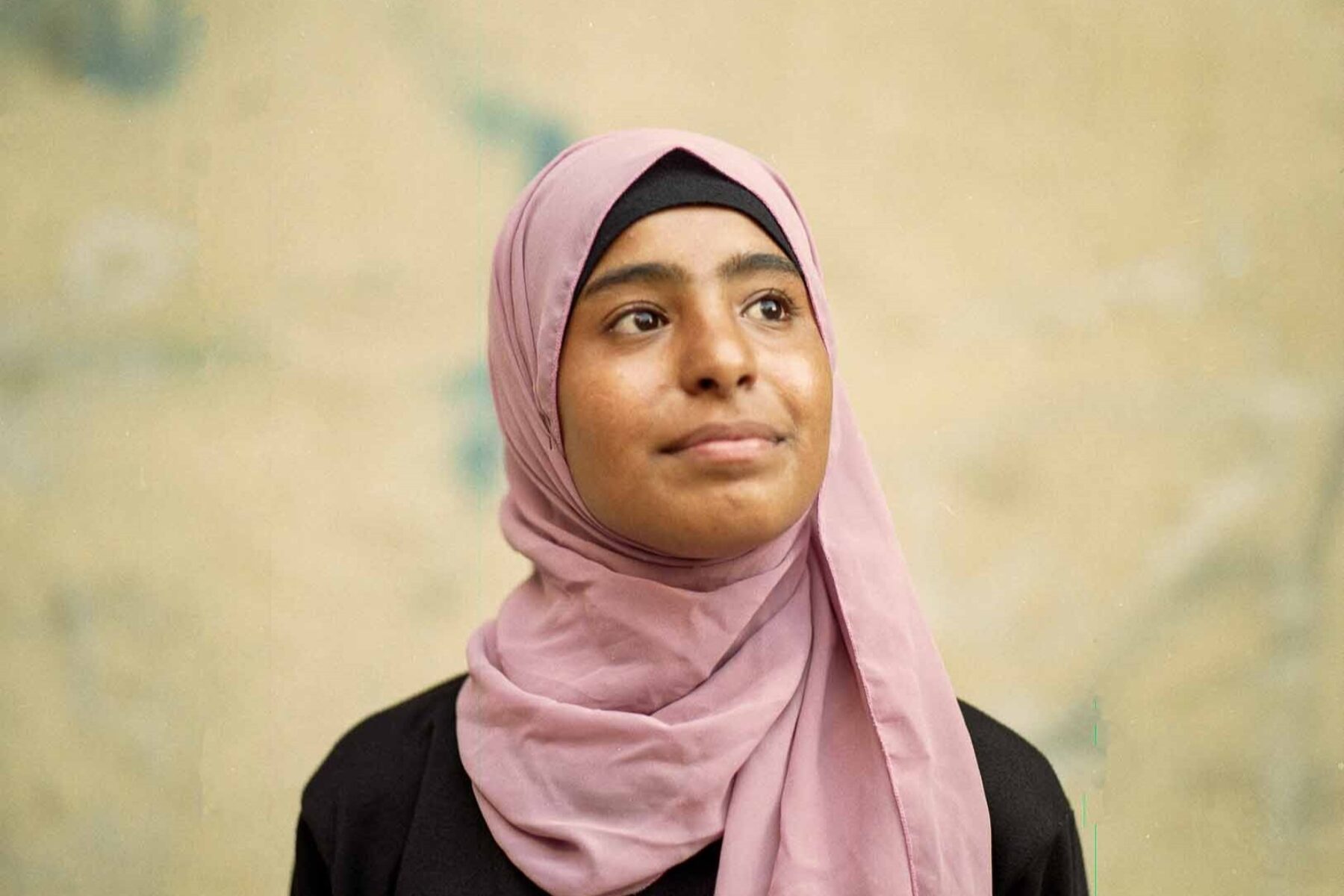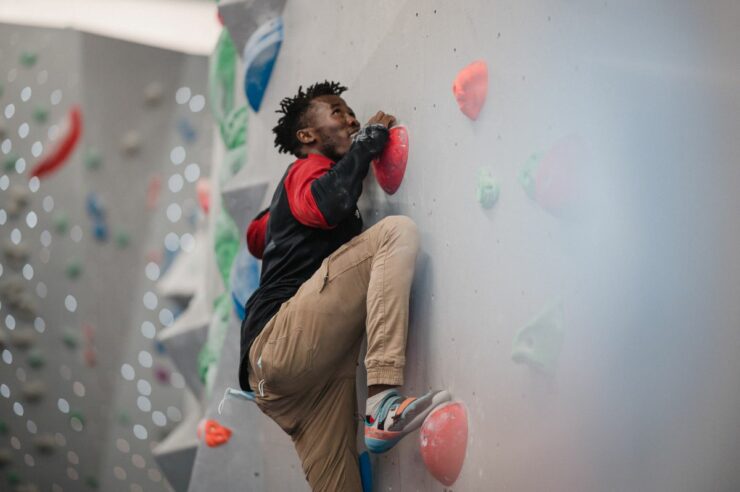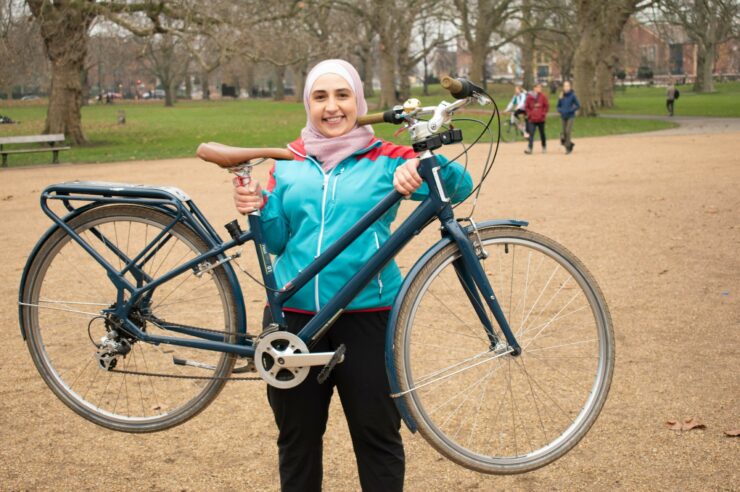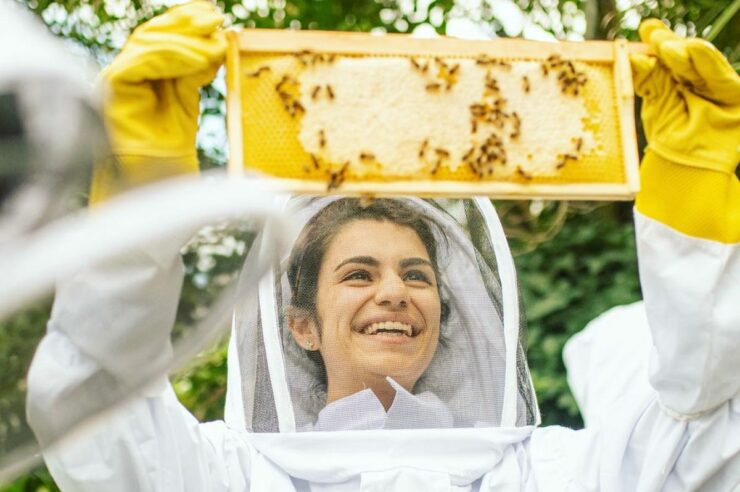In a refugee camp in Lebanon, cricket is helping Syrian and Palestinian teenagers to overcome terrible experiences. Not widely played in their home countries, the sport provides a blank canvas – an opportunity for joy and possibility
The England women’s Lionesses team helped make football popular among girls. Now cricket too is stepping up. Take Wissal al-Jaber, 16, and her friend Ola al-Khalaf, 17. Wissal’s a mean off-spinner and a cricket coach too, and Ola’s a powerful batter. Like many a young sports fan, they’d love to play for their country.
A typical dream, perhaps – less so when that country is Syria. Wissal and Ola are among the 40,000 refugees, mainly Syrian but Palestinian too, living in the overcrowded Shatila camp. Located in turbulent south Beirut, it was built for 3,000 people and is now home to 40,000. It’s one of the least likely playing felds imaginable, but for these young women and their friends, its scraps of waste ground are havens of extraordinary hope.
Wissal and Ola grew up in Deir ez-Zor, Syria, which was overrun by Isis militants when the pair were children. Talking to me on Zoom from Shatila, Wissal shudders as she recalls “seeing the worst things you’ll ever see in your entire life … Body parts right there on the street, lots of heads”
“Yes?” (Wissal has a way of making sure I’ve understood her before moving on, but … heads?)
“Yes,” adds Ola, almost matter-of-factly, “they were cutting off people’s heads.”
She had a gun held to her own. Both were lucky to escape with their lives. Luckier still to make it to Shatila, and into the arms of Alsama (‘sky’ in Arabic). This four-year-old NGO is transforming lives for children who have been left largely untouched by other charities, for whom the area – riven as it is with armed factions and drug running – is seen as just too risky.
Alsama was founded by a couple who were London-based at the time, Richard Verity and Meike Ziervogel, who knew the region: Verity had volunteered in Shatila while working with [global management consulting frm] McKinsey. When he and Ziervogel had “synchronised mid-life crises … leading very privileged, comfortable lives but lacking any kind of social impact”, their thoughts turned to the children they’d met there – and in particular to their hunger for an education. And so Alsama began, with the aim of providing schooling and empowerment to refugee kids, almost all of whom were illiterate, many of whom had never gone to school.
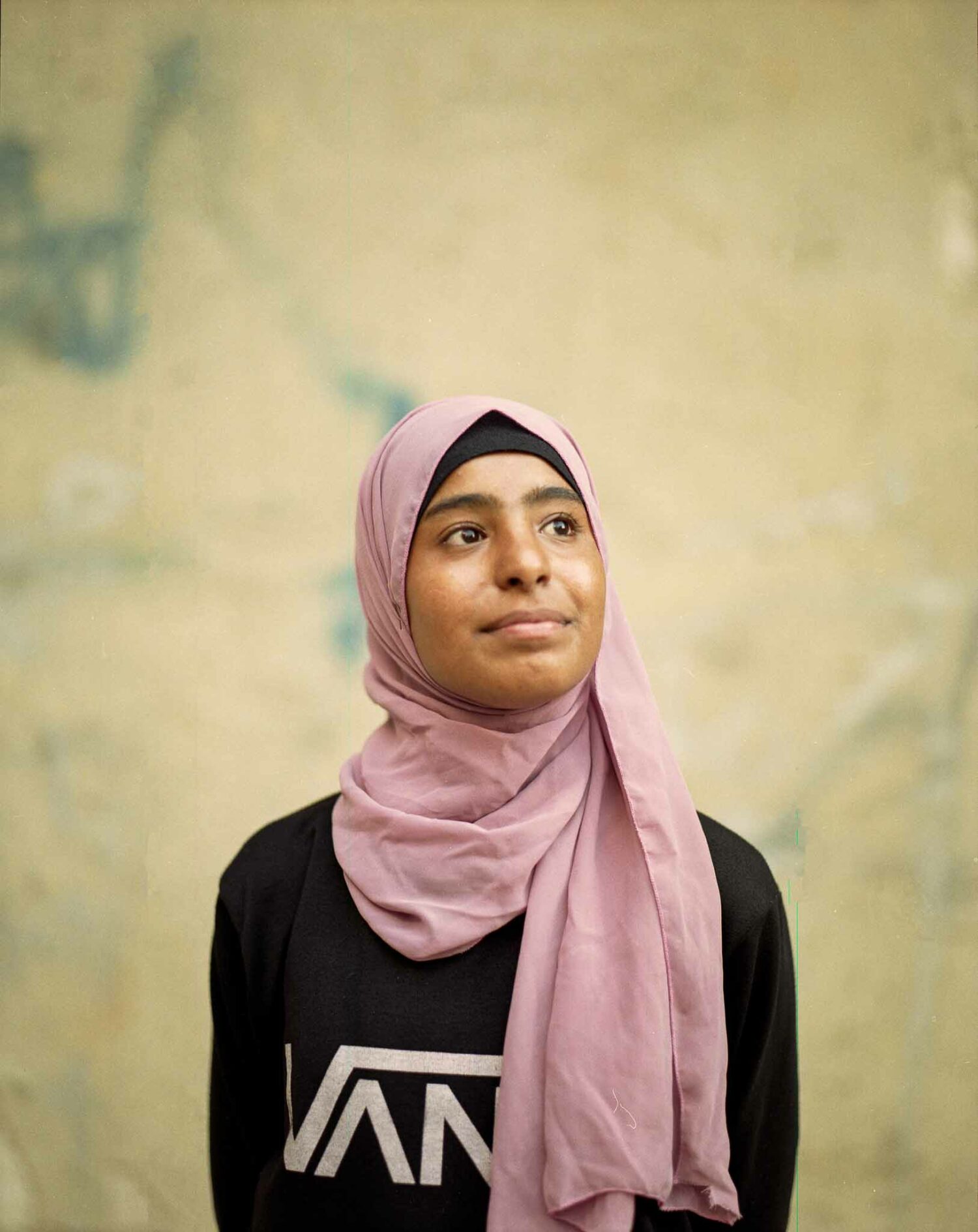
Alsama student Maram, who is also a cricket coach and official MCC Young Ambassador
Their appetite for learning was extraordinary, says Verity – the girls in particular. “They really pushed for it. They made posters and banners saying they wanted to learn English, to learn maths – they wanted to go to school. It’s so unlike the work ethic of many western children. [These girls] know education is a privilege, not a chore.”
Four years on, and Alsama has opened three schools, with a fourth on the way, teaching English, Arabic and maths, as well as IT and coding skills, and girls’ empowerment. The latter helps them to avoid the traps, which are all too typical for Syrian refugee girls, of very early (teenage) marriage. The schools are open 44 weeks of the year, with the aim of cramming the usual 12 years of education into just six. The aim is to equip pupils to go on to university. They now teach nearly 900 kids but have a waiting list three times that number.
But why cricket? It’s hardly part of the local culture – but that may be part of its appeal to kids traumatised by the region’s endless wars. It’s something new, different and – crucially – as Mohammed Khier, Alsama’s Palestinian-Syrian head cricket coach explains, something at which girls can excel alongside boys.
Thanks to the fact that cricket is a non-contact sport, it also means the sexes can play together – and they do
Thanks to the fact that cricket is a non-contact sport, it also means the sexes can play together – and they do. Alsama’s 550 cricketers are split almost exactly 50/50, male and female. Cricket helps teach teamwork and co-operation, too.
Meanwhile, there’s no doubting its popularity. Matches between teams in the Shatila, Bourj el-Barajneh and Beqaa Valley cricket hubs are keenly contested. There is even talk of international games. But the biggest impact has been on the young women themselves. “As a child, I was really shy,” says Wissal. “But cricket helped me build my personality: I learned to speak up.”
Ola agrees. “I love hitting the ball really hard. When I hit a six, I feel like I’m achieving my dreams. It’s like I’m expressing my aim in life. The ball goes all the way – and so can I.”
Martin Wright is a director of Positive News
Main image: Ollie B. Tikare
Support solutions in 2024
Positive News is helping more people than ever to get a balanced and uplifting view of the world. While doom and gloom dominates other news outlets, our solutions journalism exists to support your wellbeing and empower you to make a difference towards a better future.
But our reporting has a cost and, as an independent, not-for-profit media organisation, we rely on the financial backing of our readers. If you value what we do and can afford to, please get behind our team with a regular or one-off contribution.
Give once from just £1, or join 1,400+ others who contribute an average of £3 or more per month. You’ll be directly funding the production and sharing of our stories – helping our solutions journalism to benefit many more people.
Join our community today, and together, we’ll change the news for good.
